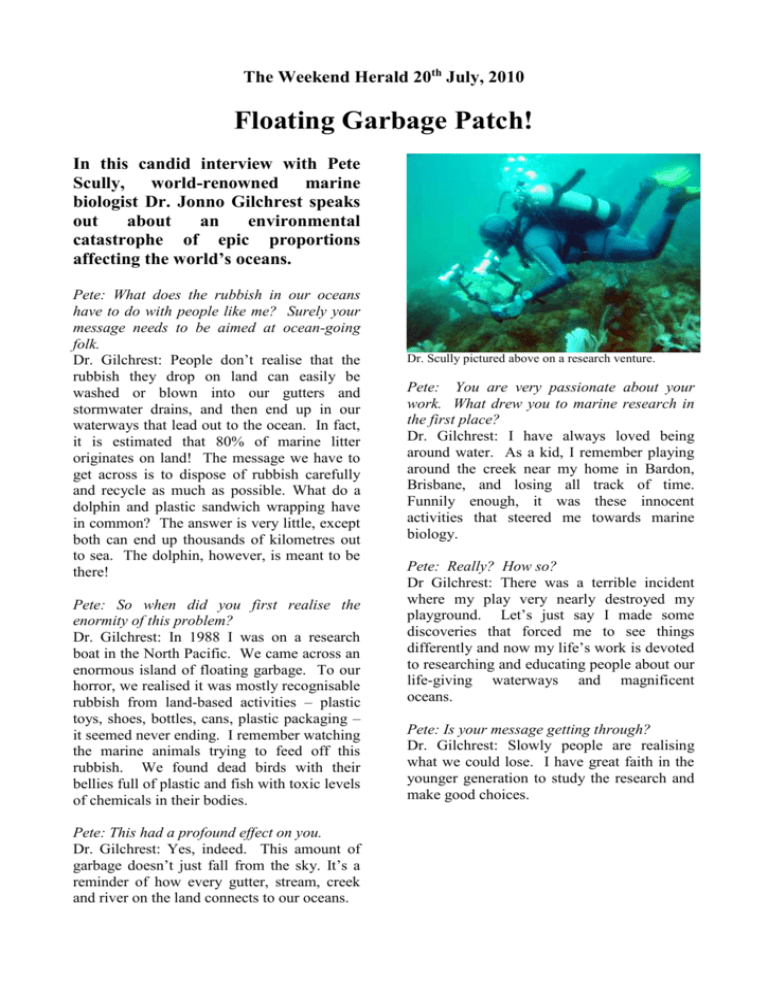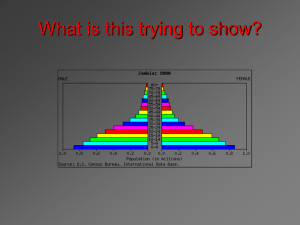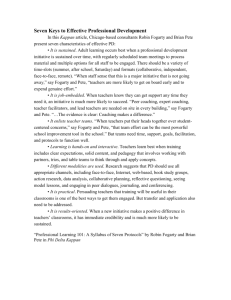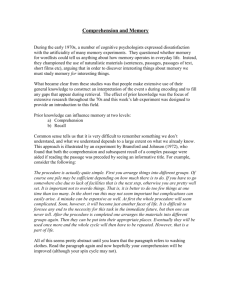The Weekend Herald 20th July, 2010
advertisement

The Weekend Herald 20th July, 2010 Floating Garbage Patch! In this candid interview with Pete Scully, world-renowned marine biologist Dr. Jonno Gilchrest speaks out about an environmental catastrophe of epic proportions affecting the world’s oceans. Pete: What does the rubbish in our oceans have to do with people like me? Surely your message needs to be aimed at ocean-going folk. Dr. Gilchrest: People don’t realise that the rubbish they drop on land can easily be washed or blown into our gutters and stormwater drains, and then end up in our waterways that lead out to the ocean. In fact, it is estimated that 80% of marine litter originates on land! The message we have to get across is to dispose of rubbish carefully and recycle as much as possible. What do a dolphin and plastic sandwich wrapping have in common? The answer is very little, except both can end up thousands of kilometres out to sea. The dolphin, however, is meant to be there! Pete: So when did you first realise the enormity of this problem? Dr. Gilchrest: In 1988 I was on a research boat in the North Pacific. We came across an enormous island of floating garbage. To our horror, we realised it was mostly recognisable rubbish from land-based activities – plastic toys, shoes, bottles, cans, plastic packaging – it seemed never ending. I remember watching the marine animals trying to feed off this rubbish. We found dead birds with their bellies full of plastic and fish with toxic levels of chemicals in their bodies. Pete: This had a profound effect on you. Dr. Gilchrest: Yes, indeed. This amount of garbage doesn’t just fall from the sky. It’s a reminder of how every gutter, stream, creek and river on the land connects to our oceans. Dr. Scully pictured above on a research venture. Pete: You are very passionate about your work. What drew you to marine research in the first place? Dr. Gilchrest: I have always loved being around water. As a kid, I remember playing around the creek near my home in Bardon, Brisbane, and losing all track of time. Funnily enough, it was these innocent activities that steered me towards marine biology. Pete: Really? How so? Dr Gilchrest: There was a terrible incident where my play very nearly destroyed my playground. Let’s just say I made some discoveries that forced me to see things differently and now my life’s work is devoted to researching and educating people about our life-giving waterways and magnificent oceans. Pete: Is your message getting through? Dr. Gilchrest: Slowly people are realising what we could lose. I have great faith in the younger generation to study the research and make good choices.






